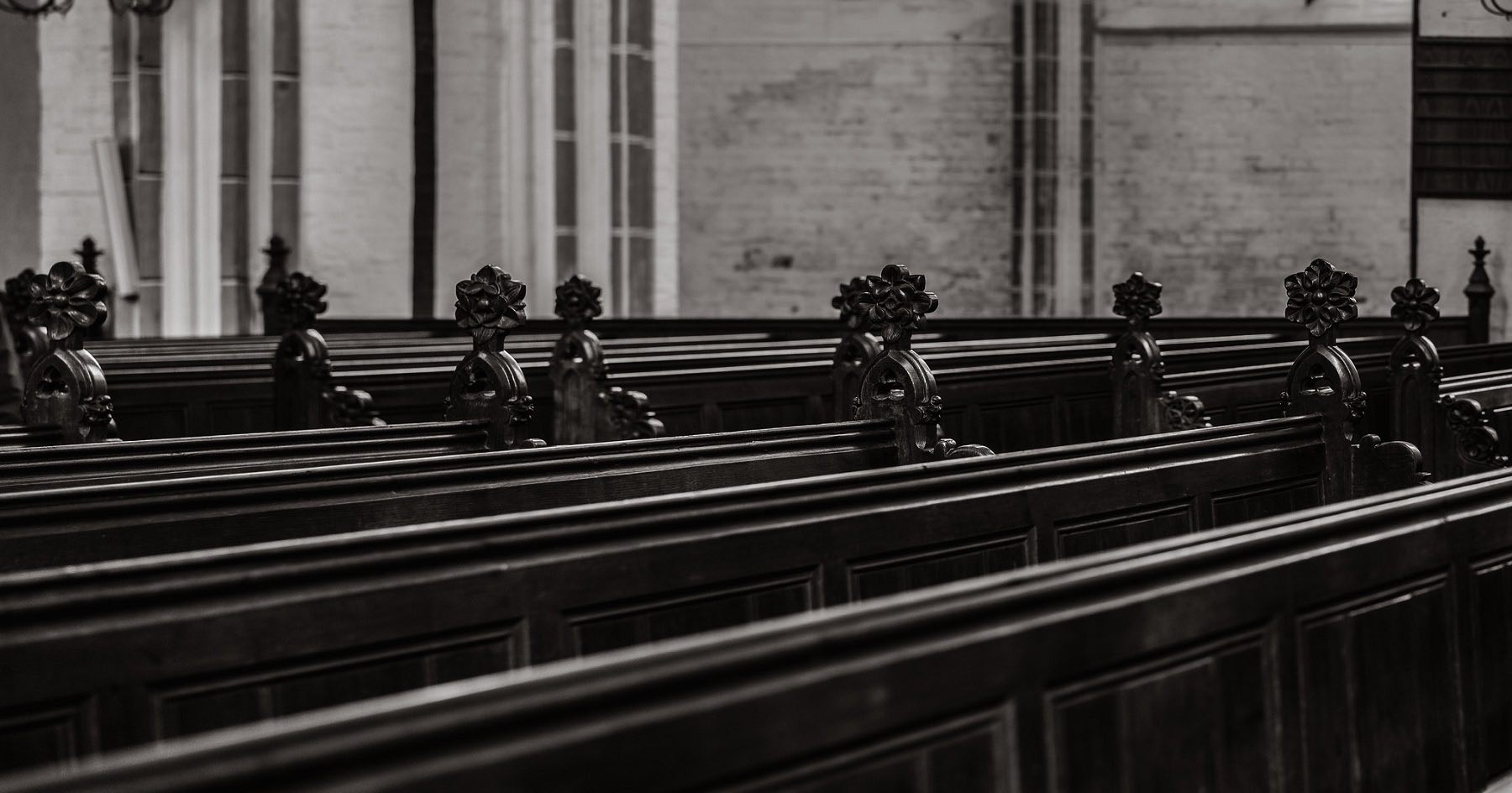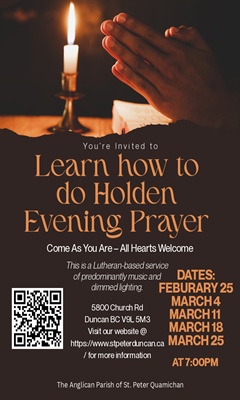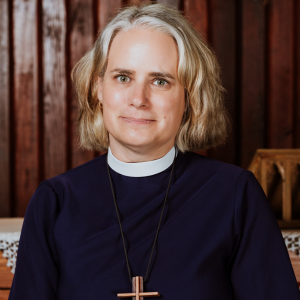In 2021, Russell Daye and Robert Fennell published Turning Ourselves Inside Out: Thriving Christian Communities. Having researched thriving mainline Christian communities in Canada, the thesis of the book is that in order to thrive, parishes and the people in them must have:
- open hearts and minds
- a willingness to risk
- a sense of identity
- a willingness to be self-emptied
As far as I am aware, this book is the only recently published Canadian-focused book that examines thriving Canadian churches, and its findings are worth considering here in the Diocese of Islands and Inlets.
I invite parishes to think about how these four characteristics could be lived out in their own contexts.
- In what ways are we called to have open hearts and minds so as to see what God is doing in our midst and how we are called to join in?
- What risks do we need to take in order to learn from the future as it emerges?
- Who are we as God’s people in this particular time and place and what is God calling us to experience or achieve?
- In what ways are we called to be self-emptied; to enter kenosis?
This last point, of being self-emptied, is perhaps the most challenging for us. It’s important to remember that kenosis is not an end in itself. The self-emptying is important because it makes space for something else to appear. In their book, Daye and Fennell dare us to see that God might be up to something in the emptying of churches we are seeing all around us:
“For a half century, there has been a progressive emptying of the mainline church. It is time to accept that God is present in the emptying. After herculean efforts to stem the flow, after decades of denial, after countless attempts to entice the populace back into our temples, after innumerable programmatic reforms, it is time to take seriously the possibility that God desires this great emptying. It is time to ask if there isn’t something sacred about the deep humbling of the liberal church. It is time to consider the possibility that this is a kenosis, a self-emptying for the good of others.”
Daye and Fennell suggest that the work of the next years will be to “get the church out of the building” and into the community. We can no longer just expect people to come and find us, we must be willing to go out and meet people where they are at, to serve the needs of the world, in the world. To trust that “God is in the encounter.”
My message to all the churches that are worrying about empty pews is that this is a call not to try and fill the pews, but to go out into the world and meet the people where they are. Jesus never told us to build churches, put up signs and then patiently wait for the people to come to us. No, Jesus told us to go out in the world to love and serve our neighbours. Our Sunday worship is not an end in itself so much as a commissioning to go into the world as God’s people to join in with God’s work.




